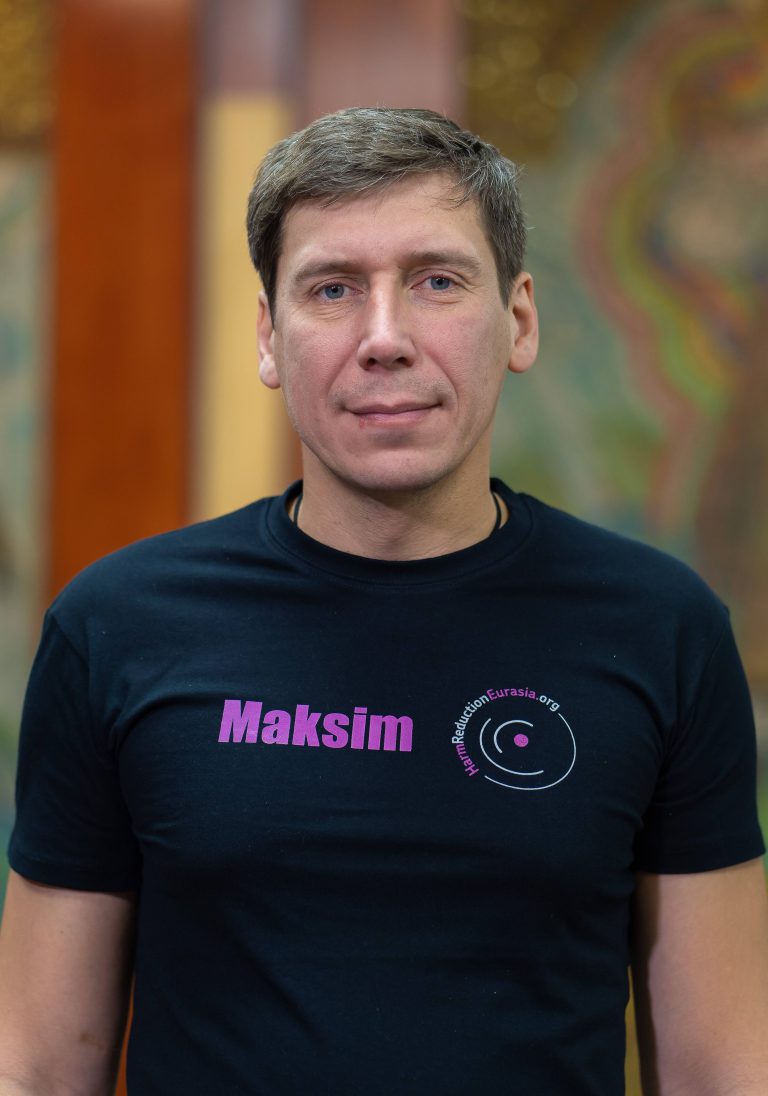In the challenging year of 2020, when we all have to keep social distance, mutual support and jointly, coordinated actions are significant to ensure that people who use drugs in the CEECA region have access to medical, legal, and social help. This unity of EHRA leadership was mostly felt on November 19-20 during the Association’s Steering Committee and Advisory Board’s annual meeting. The on-line meeting was attended by 10 of the 13 members of the Steering Committee and EHRA Advisory Board members John-Peter Kools and Rick Lines. The session was led by Marina Chokheli, chair of the Steering Committee from Georgia.
On the first day, the Steering Committee and the Association Secretariat discussed the program activities’ results and planned the main events and products for the year 2021. When harm reduction funding and effectiveness is under serious threat in most countries of the region, an honest conversation about what works and what doesn’t in regional advocacy is very important. On behalf of organisations and activists in Southeast Europe, the co-chair of the Steering Committee from Bulgaria, Yulia Georgieva, initiated the creation of a specific EHRA workgroup to respond effectively to harm reduction closures and more systematically organise regional support for the national efforts of activists and community leaders for harm reduction funding.

It has become a good tradition to plan in detail approaches to mitigate organisational, political, and reputational risks in the Association’s work by the Steering Committee. Discussed steps to minimise the following risks that have the most significant impact on the implementation of the Association’s 2021 strategy:
– The COVID-19 crisis: COVID-19 crises: rapid changes in advocacy priorities, cooperation with state, access to services.
– Changes in state policy in CEECA countries, military conflicts between nations, revolutions within the region’s countries.
– Prohibition of EHRA members’ activities in CEECA countries, including a ban on disseminating information in the Russian language due to the implementation of “drug propaganda” laws.
– Significant decrease in the number of organisations/activists working in the field of drug policy at the national level, due to lack of support or repression.
– Closure of harm reduction programs in CEECA countries.

During the meeting, the Steering Committee discussed and made several important decisions for the work of the Association:
– To support further editing of the EHRA Code of Ethics, which will regulate the relationships and compliance with the key policies for all EHRA members and partners. The finalised Code in two languages will be published on the website, included in the admission procedure for new members and the EHRA contracts.
– To organise elections of the new Steering Committee members by regional meetings and community in January, May and October, following the current Steering Committee members’ mandate in 2021.
– Make the practice of virtual regional gatherings of the EHRA a regular practice, to be held at least once every six months.The next EHRA regional members calls will be organised in February 2021.
